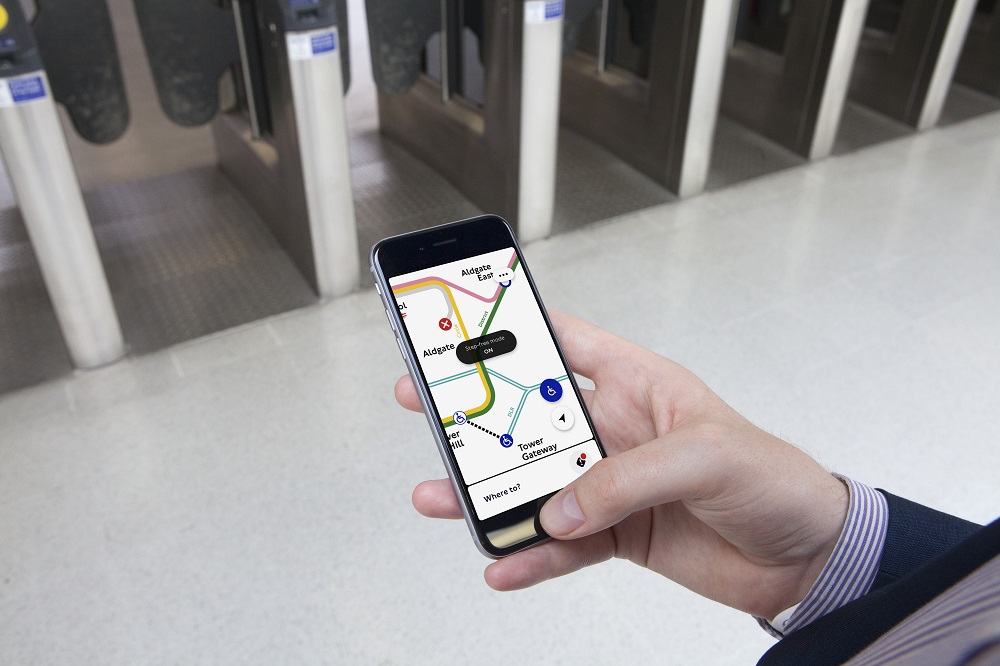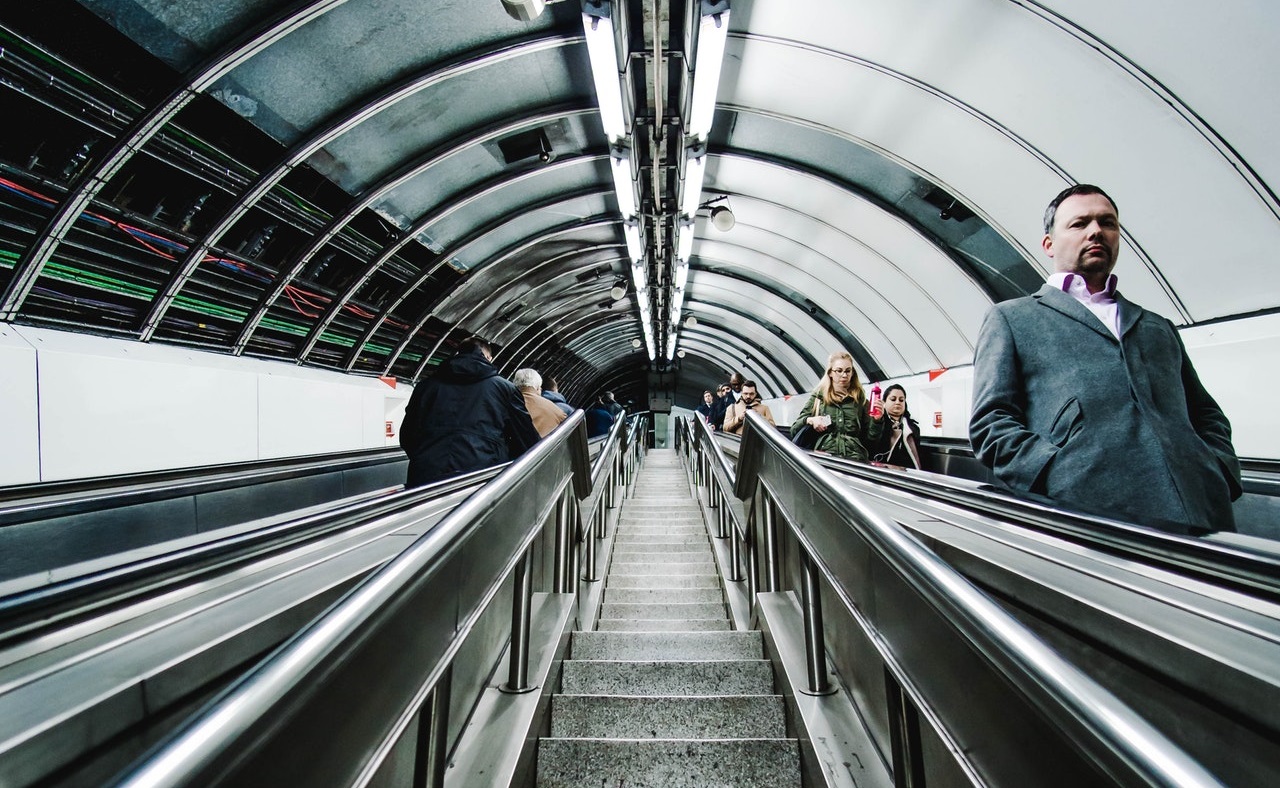TfL fares will rise for the first time in almost five years as London Mayor Sadiq Khan says the Government has “forced” him to accept a compromise to secure emergency funding.
From March 2021, fares across TfL will rise by 2.6%, with National Rail fares also set to increase.
Sadiq Khan said: “I was forced to agree to a Government RPI+1 per cent increase in fares back in May, to get the essential grant and loan from the Government for the first emergency TfL funding deal.
“I am pleased that in the latest round of negotiations in October I was able to fight off some of the very worst Government proposals, including an even higher fare increase than this one.”
This will be the first increase in TfL fares since Mr Khan implanted a fare freeze in 2016 in a bid to save Londoners money and encourage use of public transport.
Mr Khan said: “This is the first fares rise since I have been Mayor and I have ensured it is one of the lowest fares increases in London over the past 20 years. I had no choice other than to agree to this Government condition if London’s tubes and buses were to keep running.”
NOW READ: Thameslink added to Tube map to give passengers more options during pandemic
Luisa Porritt, the Liberal Democrat Mayor of London candidate, expressed concerns that the rise in fares will fuel a “worrying car-led recovery” after the Covid-19 pandemic.
Ms Porritt said: “Hard-pressed Londoners who have struggled through this year will be devastated to learn that next year will bring an above-inflation fare rise.
“This is a direct result of the hyper-politicised and failed negotiations between the Government and the Mayor throughout this pandemic, and will only fuel the worrying car-led recovery we’ve already seen taking place.
“If we want London to have a strong, fair and green recovery, then ensuring public transport remains affordable as restrictions are hopefully rolled back again next spring is essential.
“Significantly raising fares will prove counterproductive by discouraging public transport use, further hitting TfL’s main source of revenue at the same time as encouraging car use and increasing toxic air pollution.”
For the latest headlines from the City of London and beyond, follow City Matters on Twitter, Instagram and LinkedIn.








